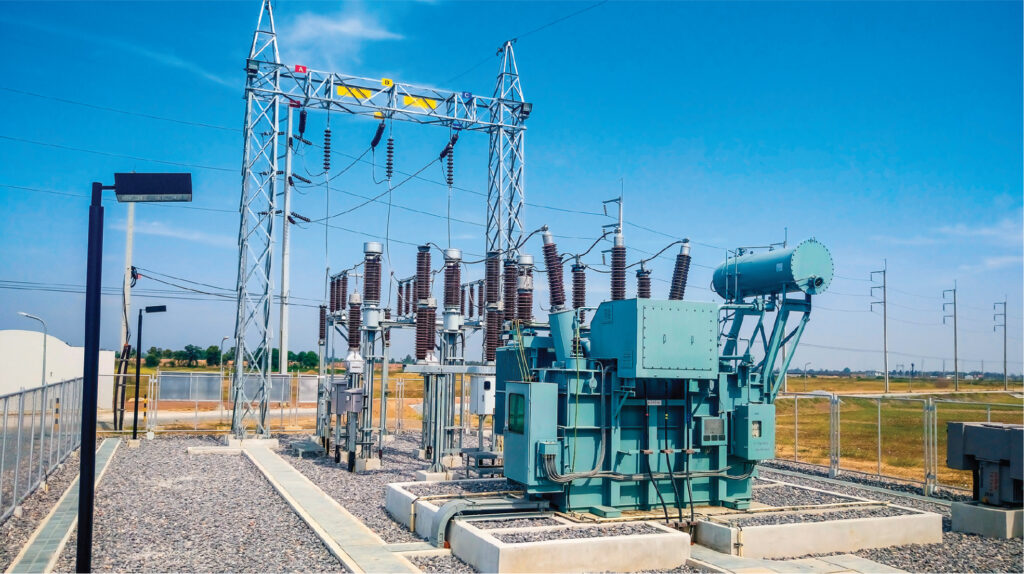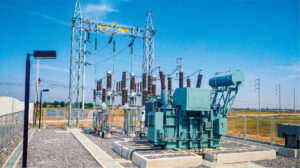
Sub-Station
A substation is a part of an electrical generation, transmission, and distribution system. Substations transform voltage from high to low, or the reverse, or perform any of several other important functions. Between the generating station and consumer, electric power may flow through several substations at different voltage levels. A substation may include transformers to change voltage levels between high transmission voltages and lower distribution voltages, or at the interconnection of two different transmission voltages. They are a common component of the infrastructure.
Latest Posts
Transmission substation
A transmission substation connects two or more transmission lines. The simplest case is where all transmission lines have the same voltage. In such...
Read MoreDistribution substation
A distribution substation transfers power from the transmission system to the distribution system of an area. It is uneconomical to directly connect electricity...
Read MoreCollector substation
In distributed generation projects such as a wind farm or photovoltaic power station, a collector substation may be required. It resembles a distribution substation although...
Read MoreConverter substations
Converter substations may be associated with HVDC converter plants, traction current, or interconnected non-synchronous networks. These stations contain power electronic devices to change...
Read More
